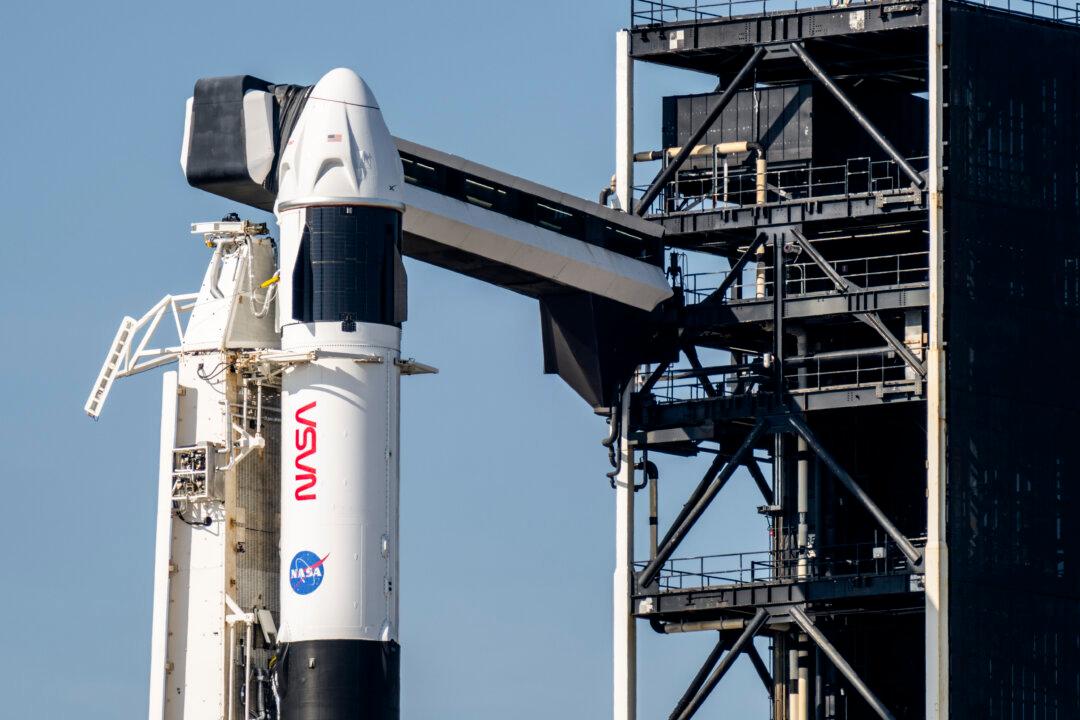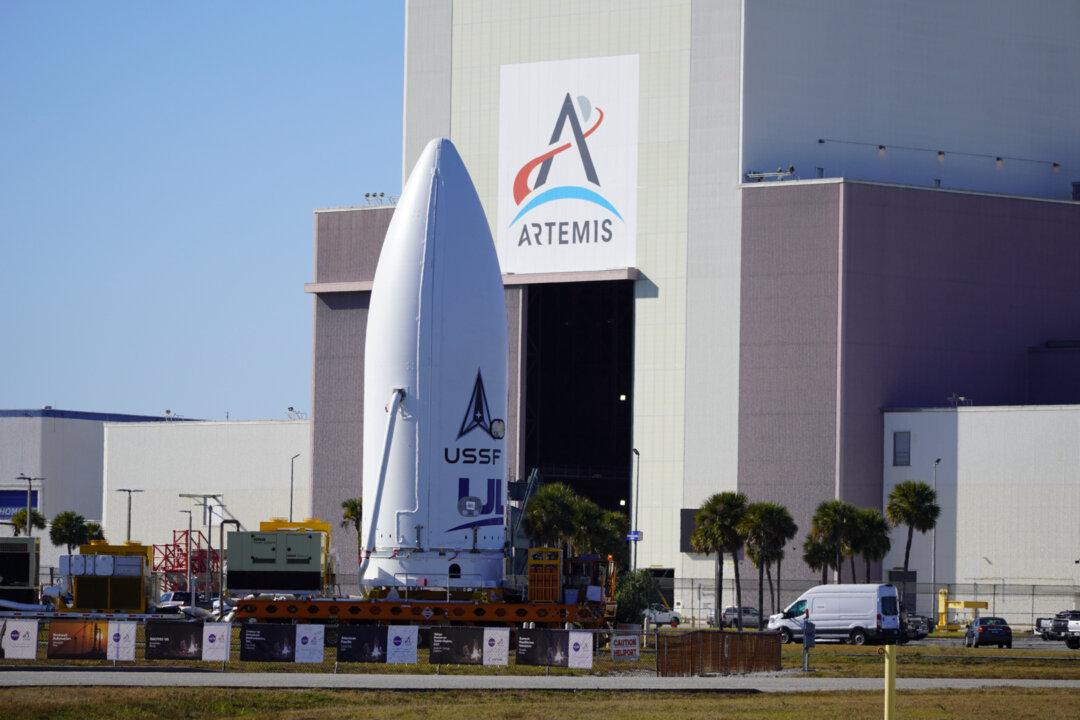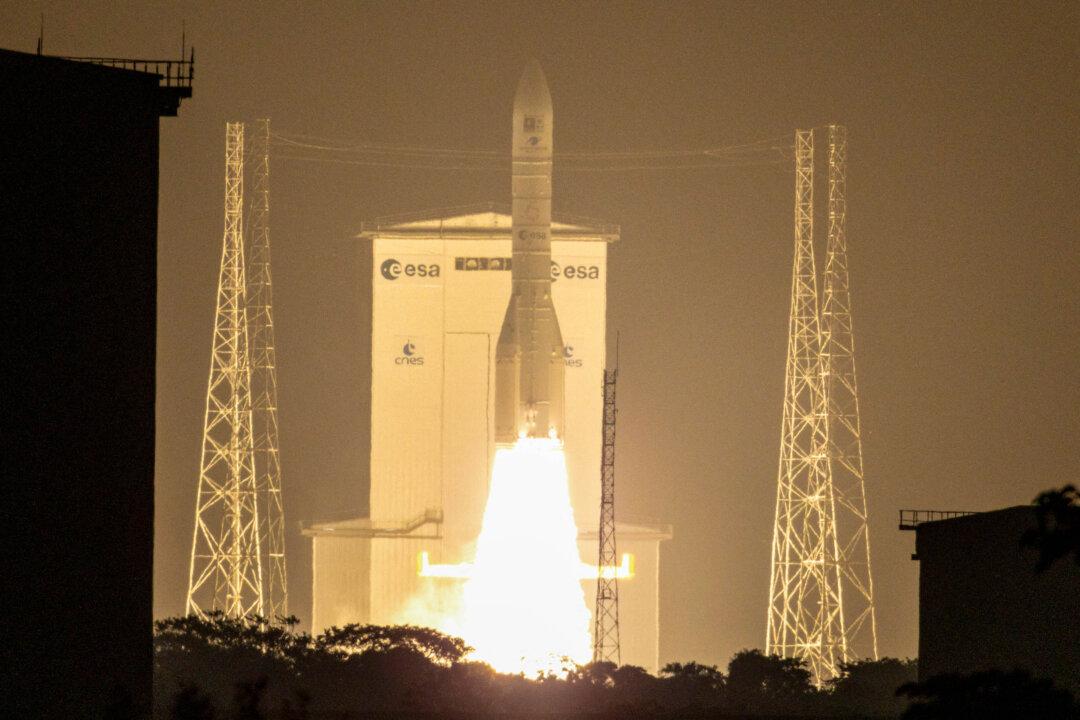The Trump administration is once again reviving the National Space Council as it pushes forward with its government and private sector-focused ambitions in low Earth orbit, on and around the moon, and on Mars.
Founded by the first Bush administration in 1989, the National Space Council is an advisory body designed to assist the president on space policy and strategy. It was revamped by President Donald Trump via executive order during his first administration in 2017.





